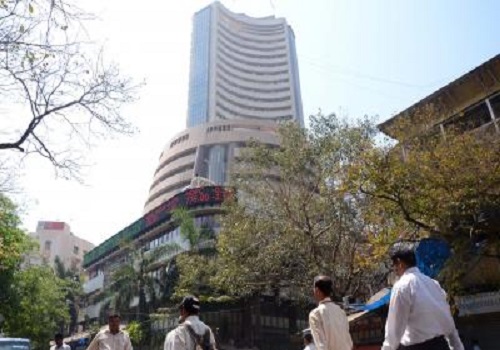Emerging markets not as cheap as they appear: Goldman Sachs

Despite last years more than 20 percentage point underperformance, emerging market (EM) equities are not as cheap as they appear once adjusted for sector differences with the S&P 500, marquee firm Goldman Sachs said in a report.
In addition, sell-side analysts are very bullish on EM stocks, making them vulnerable to a shift in sentiment, it added.
Earnings outside the US have substantially lagged those of the US across most sectors since the pre-crisis peak in earnings in 2007.
The divergence in earnings can be partly attributed to the higher exposure of the US equity market to the broader technology sector. However, even adjusting for sector weights, US companies in aggregate earn more than their non-US counterparts.
Goldman Sachs expects a base case total return of 6.3 per cent for US equities and 7 per cent for the MSCI All Country World Index.
"Although non-US developed and emerging market equities are forecast to modestly outperform US stocks, we do not think the difference in their returns is large enough to compensate investors for the increased downside risks posed by these markets," it said, adding that equities will outperform cash and bonds over the next several years.
Goldman Sachs also expects global economic growth to slow down from last year but remain above trend.
"We believe some central banks, such as the European Central Bank and the Bank of Japan, will maintain their accommodative policies; some, like the People's Bank of China, will become more accommodative, and others, such as the Federal Reserve and Bank of England, will tighten policy," it said.
Investors face a longer litany of risks than they did last year, including SARS-CoV-2, higher inflation, a more aggressive pace of Federal Reserve tightening, rising geopolitical tensions with Russia and Iran, and cyberattacks.
"We do not assign a high probability to any risk undermining the global expansion and have accordingly assigned 10 per cent odds to a recession in the US and globally in 2022," it said.
"After three years of strong equity returns and the bottoming of interest rates, portfolio returns will be more muted this year. We expect moderate-risk and well-diversified portfolios to return 4 per cent in 2022, driven by a 6-9 per cent return from US and non-US equities and negative returns in high-quality fixed income securities," it added.
























